
漢德百科全書 | 汉德百科全书
 Washington, D.C.
Washington, D.C.
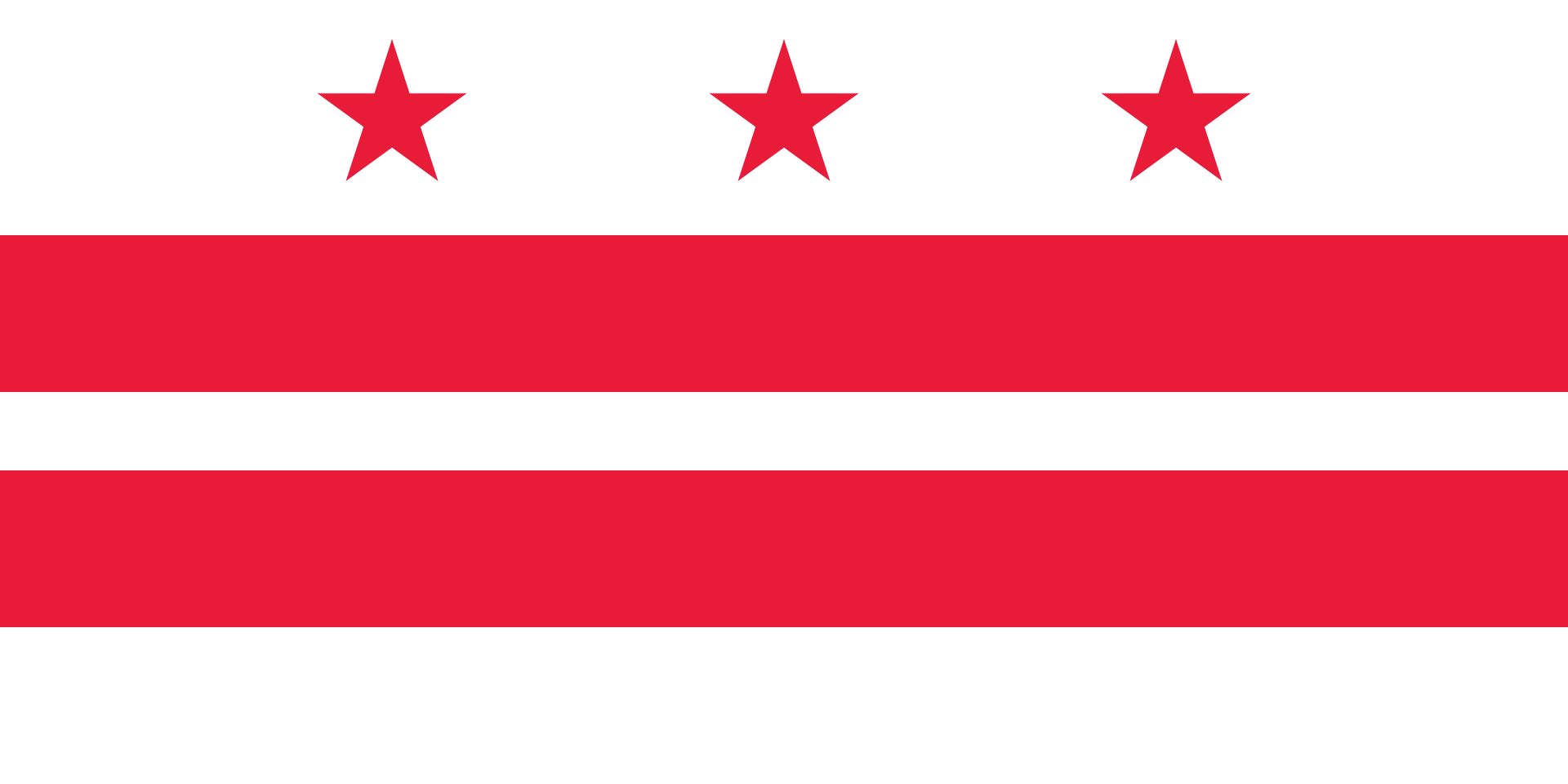

 Argentina
Argentina
 Australia
Australia
 Belgium
Belgium
 Brazil
Brazil
 China
China
 Denmark
Denmark
 Germany
Germany

 Financial
Financial
 International Bank for Cooperation
International Bank for Cooperation
 France
France
 India
India
 Indonesia
Indonesia
 Internationaler Währungsfonds
Internationaler Währungsfonds
 Camille Gutt
Camille Gutt
 Internationaler Währungsfonds
Internationaler Währungsfonds
 Christine Lagarde
Christine Lagarde
 Internationaler Währungsfonds
Internationaler Währungsfonds
 Dominique Strauss-Kahn
Dominique Strauss-Kahn
 Internationaler Währungsfonds
Internationaler Währungsfonds
 Horst Köhler
Horst Köhler
 Internationaler Währungsfonds
Internationaler Währungsfonds
 Ivar Rooth
Ivar Rooth
 Internationaler Währungsfonds
Internationaler Währungsfonds
 Jacques de Larosière
Jacques de Larosière
 Internationaler Währungsfonds
Internationaler Währungsfonds
 Johan Witteveen
Johan Witteveen
 Internationaler Währungsfonds
Internationaler Währungsfonds
 Michel Camdessus
Michel Camdessus
 Internationaler Währungsfonds
Internationaler Währungsfonds
 Per Jacobsson
Per Jacobsson
 Internationaler Währungsfonds
Internationaler Währungsfonds
 Pierre-Paul Schweitzer
Pierre-Paul Schweitzer
 Internationaler Währungsfonds
Internationaler Währungsfonds
 Rodrigo Rato
Rodrigo Rato
 Internationaler Währungsfonds
Internationaler Währungsfonds
 Kristalina Georgiewa
Kristalina Georgiewa
 Italy
Italy
 Japan
Japan
 Canada
Canada
 Malaysia
Malaysia
 Mexico
Mexico
 Netherlands
Netherlands
 Nigeria
Nigeria
 Norwegen
Norwegen
 Austria
Austria
 Poland
Poland
 Republic of Korea
Republic of Korea
 Russia
Russia
 Saudi Arabia
Saudi Arabia
 Sweden
Sweden
 Switzerland
Switzerland
 Spain
Spain
 South Africa
South Africa
 Venezuela
Venezuela
 United States
United States
 United Kingdom
United Kingdom

 Washington, D.C.
Washington, D.C.

 Important International Organizations
Important International Organizations

 Economy and trade
Economy and trade
 Economic and political research
Economic and political research

Der Internationale Währungsfonds (IWF; englisch International Monetary Fund, IMF; auch bekannt als Weltwährungsfonds) ist eine rechtlich, organisatorisch und finanziell selbständige Sonderorganisation der Vereinten Nationen mit Sitz in Washington, D.C., USA.
Hauptaufgabe des IWF ist die Vergabe von Krediten an Länder ohne ausreichende Währungsreserven, die in Zahlungsbilanzschwierigkeiten geraten sind. Weitere Tätigkeitsfelder sind die Förderung der internationalen Zusammenarbeit in der Währungspolitik, Ausweitung des Welthandels, Stabilisierung von Wechselkursen, Überwachung der Geldpolitik und technische Hilfe.
Der IWF und seine Schwesterorganisation Weltbank haben ihren Ursprung im 1944 geschaffenen Bretton-Woods-System fester Wechselkurse, das auf der damals mit Gold gedeckten Leitwährung US-Dollar beruhte. Sie waren als internationale Steuerungsinstrumente geplant, mit denen eine Wiederholung der Währungsturbulenzen der Zwischenkriegszeit und der Fehler des Goldstandards aus den 1920er Jahren verhindert werden sollte. Beide Organisationen werden daher als Bretton-Woods-Institution bezeichnet. Die Kreditvergabe des IWF ist an wirtschaftspolitische Auflagen geknüpft, die die Rückzahlung der Kredite sichern sollen. Anders als der IWF vergibt die Weltbank auch Kredite für spezielle Projekte.
Der IWF hat zurzeit (Stand April 2020) 189 Mitgliedstaaten, deren Stimmrecht sich an ihrem Kapitalanteil orientiert. Die Mitgliedstaaten mit den größten Stimmanteilen sind: USA 16,51 %, Japan 6,15 %, China 6,08 %, Deutschland 5,32 %, Frankreich 4,03 %, Vereinigtes Königreich 4,03 % und Italien 3,02 %. Von den deutschsprachigen Ländern haben außerdem Luxemburg 0,29 %, Österreich 0,81 % und die Schweiz 1,18 % Stimmenanteile.[4]
Beschlüsse müssen im IWF mit einer Mehrheit von 85 % getroffen werden. Dadurch verfügen jeweils die USA allein und die EU-Staaten gemeinsam de facto über eine Sperrminorität.[5]
国际货币基金组织(法语:Fonds Monétaire International,缩写:FMI;英语:International Monetary Fund,缩写:IMF)于1945年12月27日成立,与世界银行同为世界两大金融机构,由189个国家组成,致力于促进全球货币合作,确保金融稳定,促进国际贸易。职责是监察货币汇率和各国贸易情况、提供技术和资金协助[3][4][5],确保全球金融制度运作正常;其总部设置于美国华盛顿特区。
国際通貨基金(こくさいつうかききん、英語: International Monetary Fund, IMF)は、国際金融、並びに、為替相場の安定化を目的として設立された国際連合(国連)の専門機関である。本部は、アメリカ合衆国の首都ワシントンD.C.にある。2018年現在、加盟国は189か国である[2]。
加盟国の経常収支が著しく悪化した場合などに融資などを実施することで、国際貿易の促進、加盟国の高水準の雇用と国民所得の増大、為替の安定、などに寄与する事を目的としている。 また、為替相場の安定のために、経常収支が悪化した国への融資や、為替相場と各国の為替政策の監視などを行っている。各国の中央銀行の取りまとめ役のような役割を負う。世界銀行と共に、国際金融秩序の根幹を成す。
The International Monetary Fund (IMF) is an international organization headquartered in Washington, D.C., consisting of 189 countries working to foster global monetary cooperation, secure financial stability, facilitate international trade, promote high employment and sustainable economic growth, and reduce poverty around the world while periodically depending on the World Bank for its resources.[1] Formed in 1944 at the Bretton Woods Conference primarily by the ideas of Harry Dexter White and John Maynard Keynes,[6] it came into formal existence in 1945 with 29 member countries and the goal of reconstructing the international payment system. It now plays a central role in the management of balance of payments difficulties and international financial crises.[7] Countries contribute funds to a pool through a quota system from which countries experiencing balance of payments problems can borrow money. As of 2016, the fund had XDR 477 billion (about US$ 667 billion).[8]
Through the fund and other activities such as the gathering of statistics and analysis, surveillance of its members' economies, and the demand for particular policies,[9] the IMF works to improve the economies of its member countries.[10] The organization's objectives stated in the Articles of Agreement are:[11] to promote international monetary co-operation, international trade, high employment, exchange-rate stability, sustainable economic growth, and making resources available to member countries in financial difficulty.[12] IMF funds come from two major sources: quotas and loans. Quotas, which are pooled funds of member nations, generate most IMF funds. The size of a member's quota depends on its economic and financial importance in the world. Nations with larger economic importance have larger quotas. The quotas are increased periodically as a means of boosting the IMF's resources in the form of special drawing rights.[13]
The current Managing Director (MD) and Chairwoman of the IMF is Bulgarian Economist Kristalina Georgieva, who has held the post since October 1, 2019.[14]
Gita Gopinath was appointed as Chief Economist of IMF from 1 October 2018. She received her PhD in economics from Princeton University. Prior to her IMF appointment she was economic adviser to the Chief Minister of Kerala, India.[15]
Le Fonds monétaire international (FMI) est une institution internationale regroupant 189 pays, dont le but est de promouvoir la coopération monétaire internationale, garantir la stabilité financière, faciliter les échanges internationaux, contribuer à un niveau élevé d’emploi, à la stabilité économique et faire reculer la pauvreté2.
Le FMI a ainsi pour fonction d'assurer la stabilité du système monétaire international (SMI) et la gestion des crises monétaires et financières. Pour cela, il fournit des crédits aux pays qui connaissent des difficultés financières mettant en péril l'organisation gouvernementale du pays, la stabilité de son système financier (banques, marchés financiers) ou les flux d'échanges de commerce international avec les autres pays.
Lors d'une crise financière, pour éviter qu’un pays ne fasse « défaut » (c’est-à-dire que ce pays ne puisse plus rembourser ses créanciers, voire ne plus payer ses dépenses courantes), le FMI lui prête de l’argent le temps que la confiance des agents économiques revienne. Le FMI conditionne l’obtention de prêts à la mise en place de certaines réformes économiques visant en principe à réguler la gestion des finances publiques (ingérence financière) et à établir une croissance économique équilibrée à long terme.
L'institution a été créée le 27 décembre 1945 et devait à l'origine garantir la stabilité du système monétaire international, dont l'écroulement après le krach de 1929 avait eu des effets catastrophiques sur l'économie mondiale. Après 1976 et la disparition d’un système de change fixe, le FMI perd l'essentiel de sa raison d'être et hérite d'un nouveau rôle face aux problèmes d'endettement des pays en développement et à certaines crises financières.
Il Fondo Monetario Internazionale (in sigla FMI; in inglese International Monetary Fund, IMF) è un'organizzazione internazionale pubblica[1] a carattere universale composta dai governi nazionali di 189 Paesi e insieme al gruppo della Banca Mondiale fa parte delle organizzazioni internazionali dette di Bretton Woods, dal nome della località in cui si tenne la famosa conferenza che ne sancì la creazione. L'FMI è stato formalmente istituito il 27 dicembre 1945, quando i primi 44 stati firmarono l'accordo istitutivo e l'organizzazione nacque nel maggio del 1946. Attualmente gli Stati membri sono 189.
El Fondo Monetario Internacional o FMI (en inglés: International Monetary Fund, IMF) es una organización financiera internacional con sede en Washington D. C., Estados Unidos. Nace como idea el 22 de julio de 1944 en los acuerdos de Bretton Woods, una reunión de 730 delegados de 44 países aliados de la Segunda Guerra Mundial, entrando en vigor oficialmente el 27 de diciembre de 1945. Después de 1976 y de la desaparición del sistema de cambio fijo, el FMI toma un papel preponderante ante países en desarrollo y crisis financieras internacionales. En 2010, durante la 14ª revisión general de cuotas los fondos financieros disponibles del FMI se situaban en 755 700 millones de U.S.dólares.1
A través del fondo y otras actividades como la recolección de estadísticas y datos, monitoreo de las actividades económicas de los países miembros, y la demanda de políticas concretas,2 el FMI trabaja para mejorar la economía de sus países miembros.3 Los objetivos proclamados por la organización son:4 promover la cooperación monetaria internacional, comercio internacional, reducir la desocupación, conseguir tasas de cambio sustentables, lograr crecimiento económico, y otorgar razonablemente recursos a países miembros en dificultades económicas.5 El FMI se financia con dos grandes herramientas: cuotas y préstamo. Las cuotas son aportes realizados por los países miembros al fondo común de la organización. Las mayores economías hacen aportes proporcionales mayores que las economías más pequeñas. Además, las obligaciones de cuotas aumentan periódicamente como forma de aumentar los recursos de los que puede disponer el FMI en forma de derechos especiales de giro.6
Esta organización ha sido fuertemente criticada en las últimas décadas. Las principales críticas se centran en el papel dominante que tienen los países desarrollados dentro del organismo, lo que causa que el FMI oriente sus políticas globales al fomento de un capitalismo que suele denominarse neoliberal,7 a causa de haber impuesto a los países en vías de desarrollo —y más recientemente a algunos países europeos— sus programas económicos basados en el Consenso de Washington que consisten en la reducción del déficit y del gasto público y consecuentemente de servicios y prestaciones sociales, con fundamento en las políticas y teorías monetaristas y en el principio de libre mercado,8 que deben llevarse a cabo como condiciones de los préstamos realizados y que según sus críticos ha provocado un aumento de la brecha entre ricos y pobres y un empeoramiento de los servicios públicos, como la sanidad.9 También está acusada por haber apoyado y financiado a las dictaduras militares en Latinoamérica y Africa,10 y se le han criticado puntualmente sus políticas sobre medio ambiente11 y alimentación.12
Международный валютный фонд, (МВФ) (англ. International Monetary Fund, IMF) — специализированное учреждение (валютный фонд) Организации объединённых наций (ООН) с главным офисом в городе Вашингтон, США.
189 стран являются членами МВФ, в его структурах работают 2500 человек из 133 государств мира. МВФ предоставляет кратко- и среднесрочные кредиты при дефиците платёжного баланса государства. Предоставление кредитов обычно сопровождается набором определённых условий и рекомендаций. Политика и рекомендации МВФ в отношении развивающихся стран неоднократно подвергались критике, суть которой состоит в том, что выполнение рекомендаций и условий, в итоге, направлено не на повышение самостоятельности, стабильности и развитие национальной экономики государства, а лишь на привязывание её к международным финансовым потокам.
В отличие от Всемирного банка, деятельность МВФ сосредоточена на относительно кратковременных макроэкономических кризисах. Всемирный банк предоставляет кредиты только бедным странам, МВФ может давать кредиты любой из своих стран-членов, которая испытывает нехватку иностранной валюты для покрытия краткосрочных финансовых обязательств.
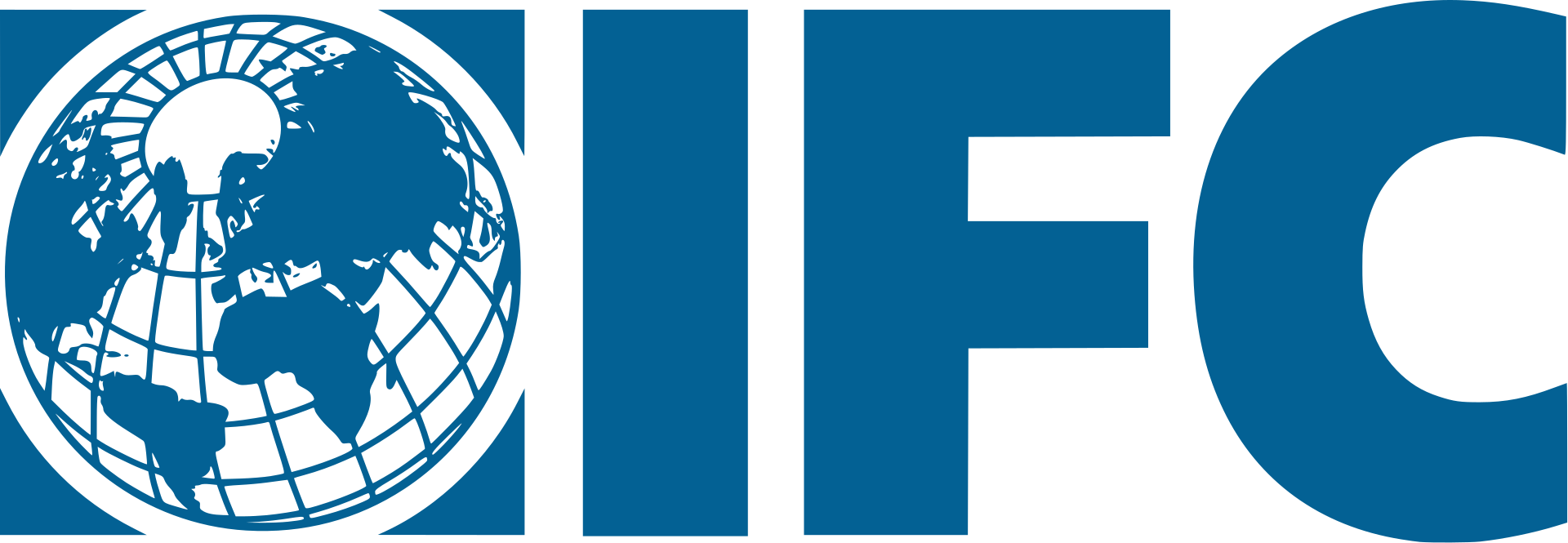
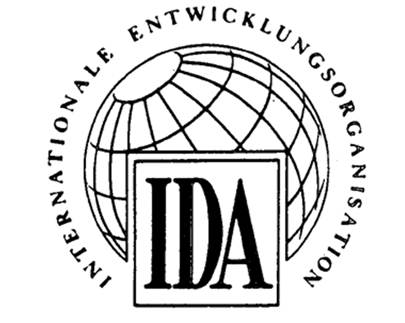
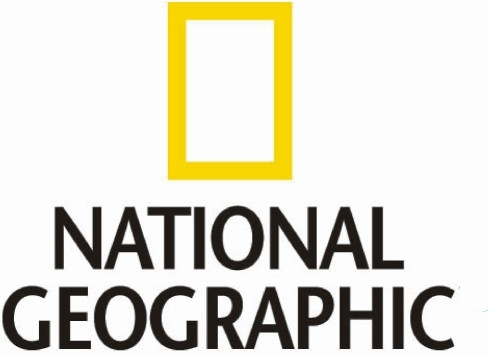

国家战争学院(英語:National War College)坐落在美国华盛顿特区莱斯利堡·J·麦克奈尔,是美国国防大学旗下的一所学院。
Das National War College (NWC) ist ein Institut der National Defense University der US-Streitkräfte. Es befindet sich in der Theodore Roosevelt Hall in Fort Lesley J. McNair, Washington, D.C., dem ältesten aktiven Stützpunkt der US Army.
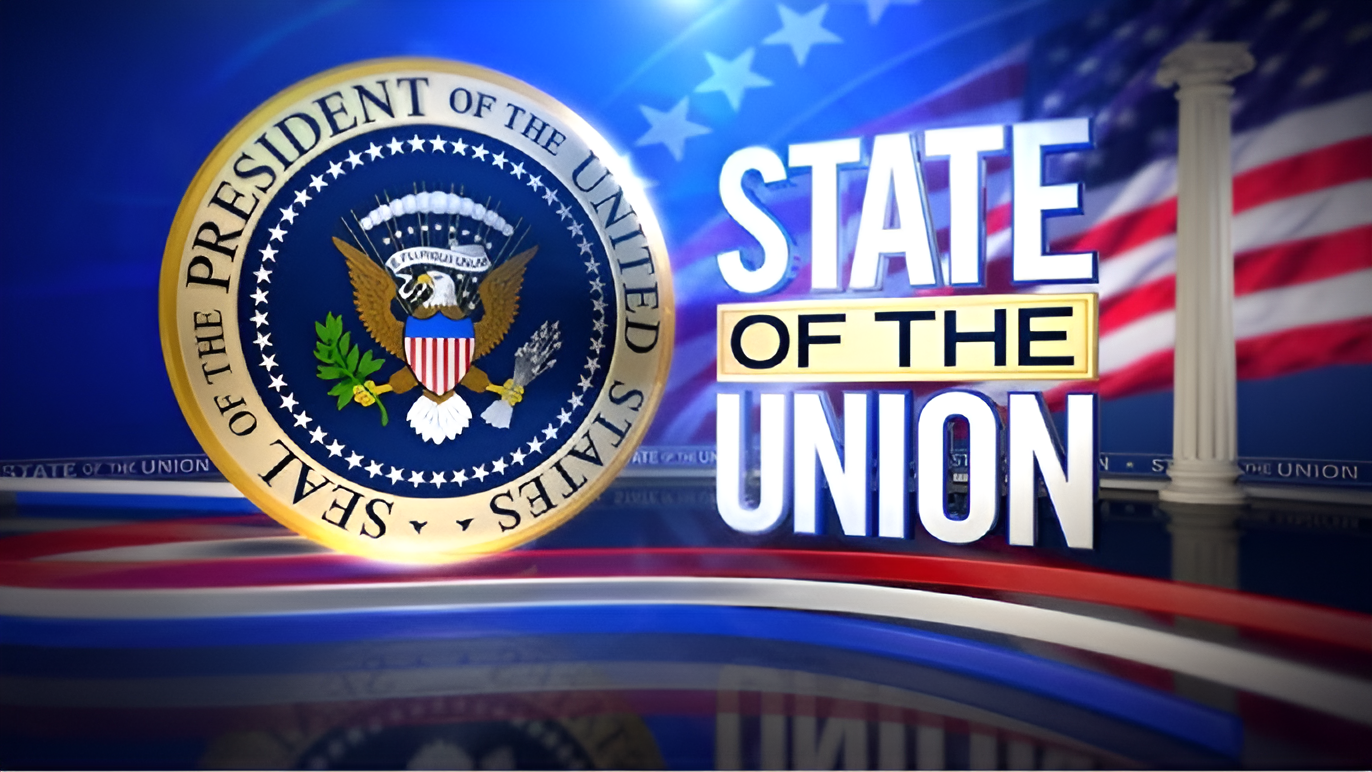
国情咨文(英语:State of the Union Address)是美国总统每年在国会联席会议上,于美国国会大厦中的众议院大厅发表的报告。这项报告不仅仅包括国情分析,总统还会在报告中对美国国会阐述他的立法议程以及国家优先事项。[1]这个报告从1934年起,通常于一月份发表,如遇总统交接,则于二月份由新总统发表。
有时候,特别是近几年,新上任的总统会在他任期刚开始的几个星期内就将报告送给美国国会两院联席会议,但这些并不是传统意义上的国情咨文。[2]这些报告一般是用来描述总统来年的立法建议的。
这个被美国宪法所规定的报告模仿于英国国会开幕大典上的御前宣言。虽然宪法中规定要发表这份报告,但并没有规定要以演讲的形式发表这份报告,然而从伍德罗·威尔逊以来几乎每位总统都在美国国会联席会议召开之前以演讲的形式发表这份报告。依照传统,总统每年都会发表国情咨文,而根据美国宪法:
| “ | 他应不时向国会提供国情咨文,并对国会审议这些措施提出他认为必要和适宜的建议。 | ” |
| ——美国宪法第二章,第3部分 | ||
由于这份报告是在美国国会联席会议时于美国国会大楼发表,因此总统必须先受到国会邀请进入众议院会议厅,然后才能在会议上发表报告。这个邀请和总统演讲的惯例现在成了美国政治一项形式上的传统。
Die State of the Union Address (SOTU; engl. für „Ansprache zur Lage der Union“) ist eine jährliche Veranstaltung, bei der der Präsident der Vereinigten Staaten im Rahmen einer gemeinsamen Sitzung der beiden Kammern des Kongresses eine Regierungserklärung mit seiner Einschätzung der Verhältnisse seines Landes vorträgt. Er nutzt die Gelegenheit auch, um eigene anstehende Gesetzesinitiativen zu präsentieren. Wie die Vereidigung findet auch diese Rede normalerweise jeweils im Januar statt, gelegentlich allerdings auch erst im Februar oder März. In den Jahren, in denen ein neuer Präsident sein Amt antritt, findet gewöhnlich keine State of the Union Address im Kongressgebäude statt, sondern stattdessen eine Rede anlässlich der Vereidigung, die vor dem Gebäude unter freiem Himmel gehalten wird.
In ihren Ursprüngen ist sie der Thronrede des britischen Monarchen nachgebildet und folgt einer Vorgabe aus der Verfassung, die sich an den Präsidenten richtet:
“He shall from time to time give to Congress information of the State of the Union and recommend to their Consideration such measures as he shall judge necessary and expedient.”
„Er hat von Zeit zu Zeit dem Kongress über die Lage der Union Bericht zu erstatten und Maßnahmen zur Beratung zu empfehlen, die er für notwendig und nützlich erachtet.“
– Artikel 2, Absatz 3, Verfassung der Vereinigten Staaten
Die Verfassung schreibt nicht vor, welche Form der Bericht haben, welche Inhalte er enthalten und wie häufig eine solche Berichterstattung erfolgen soll. So wie der Regierungsstil jedes Präsidenten eine eigene Handschrift trug, so individuell haben sie auch die Freiheiten genutzt, die die Verfassungsvorschrift ihnen für den Vortrag dieser Rede gelassen hat.
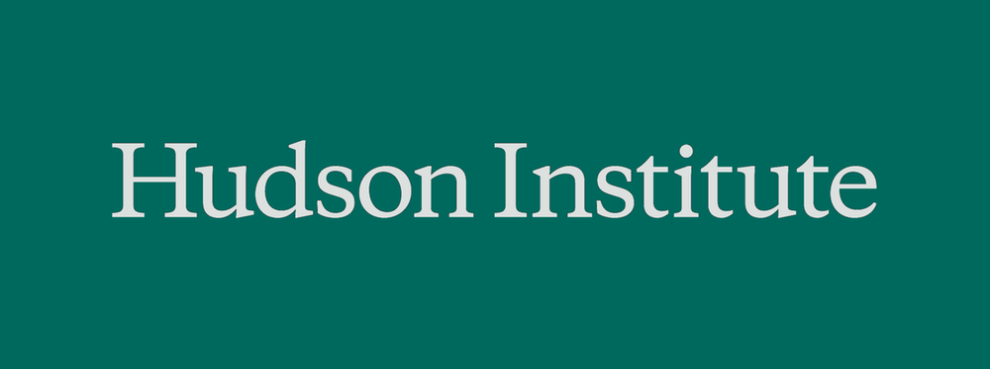



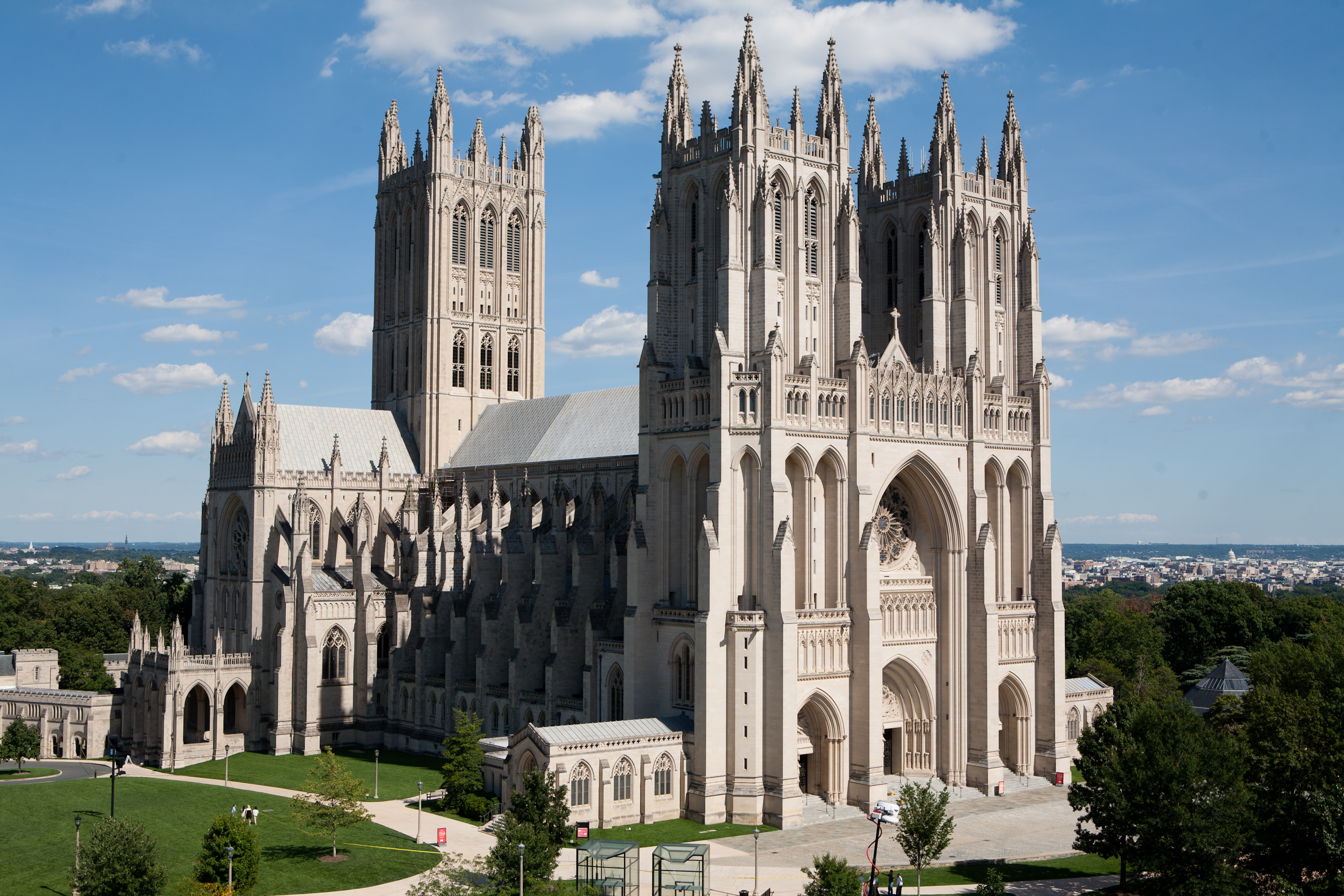
 Medical, Pharmaceutical, Rehabilitation
Medical, Pharmaceutical, Rehabilitation
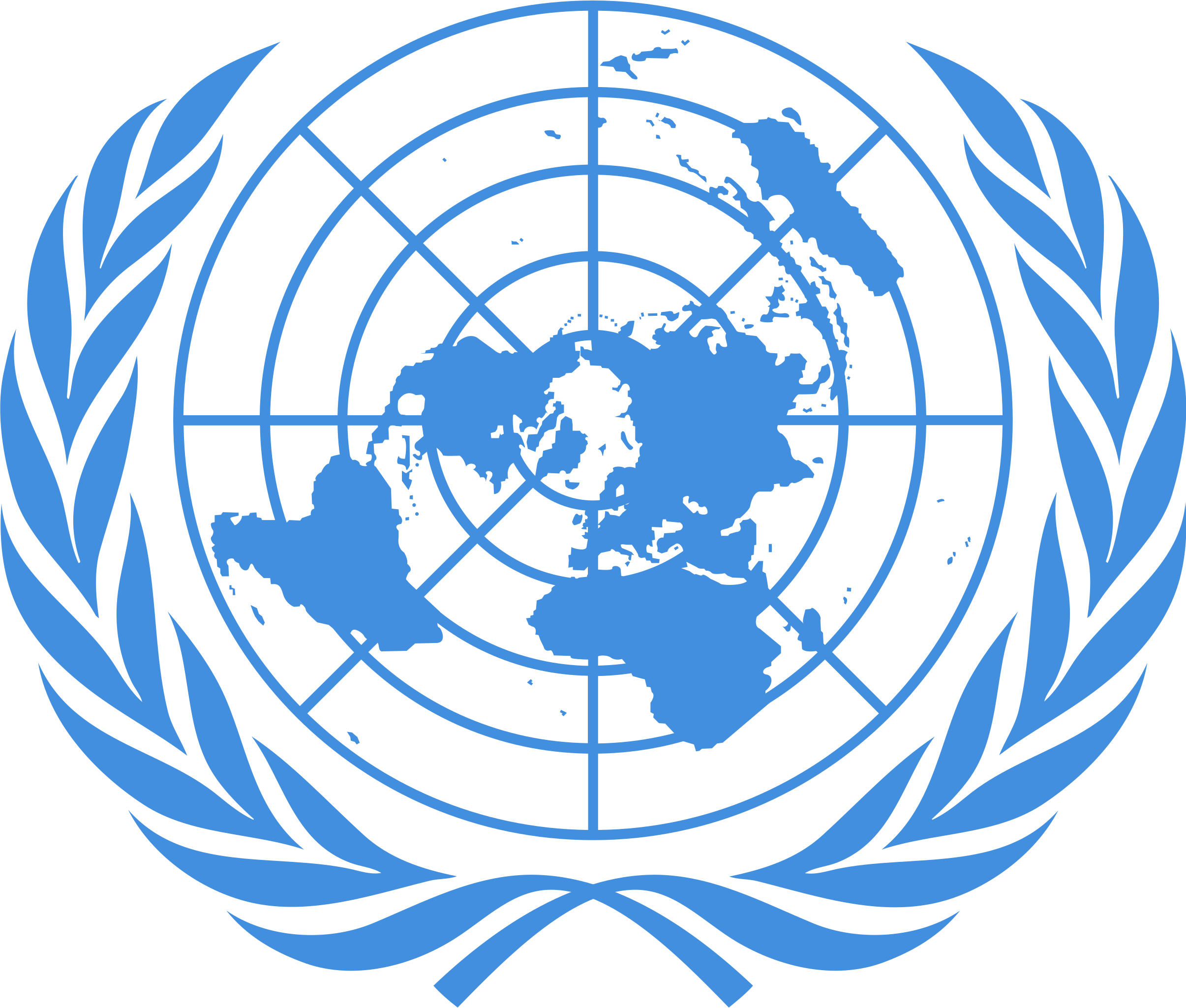 United Nations
United Nations
 Hand in Hand
Hand in Hand
 Geography
Geography
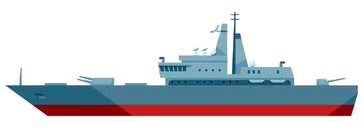
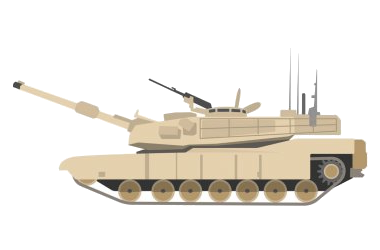

 Military, defense and equipment
Military, defense and equipment
 Universities in the USA
Universities in the USA
 Party and government
Party and government
 Sport
Sport
 Transport and traffic
Transport and traffic
 Architecture
Architecture
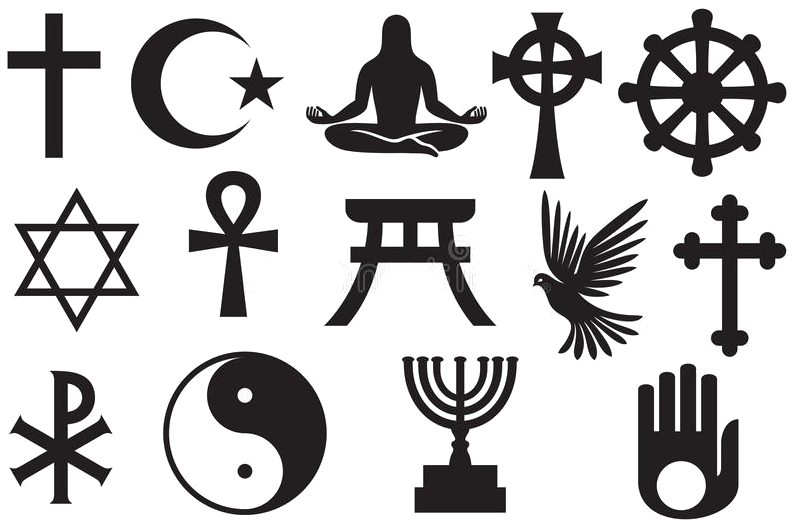 Religion
Religion